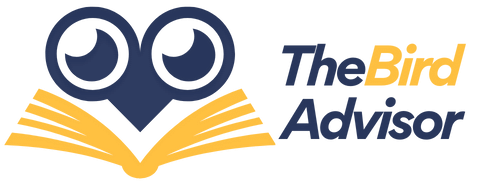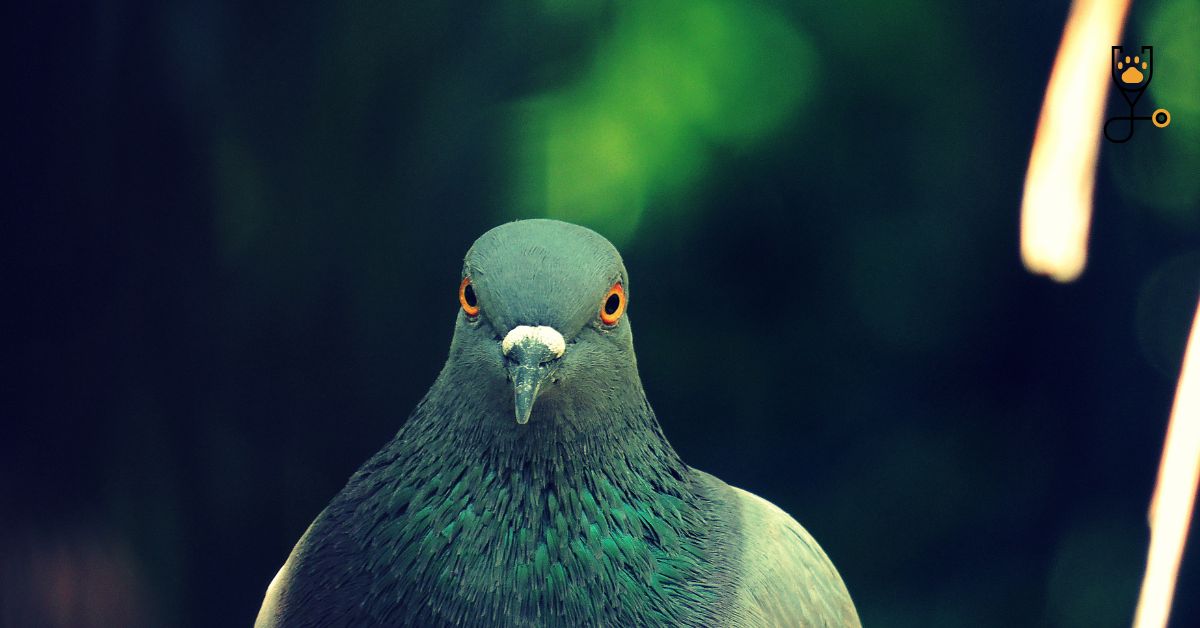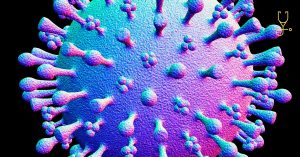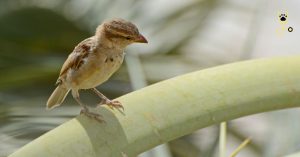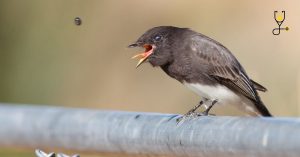Are you searching for healthy ways to feed your pet bird, but aren’t sure what vegetables they can safely consume? If so, then you’re in luck! In this blog post, we’ll be discussing 8 safe vegetables that are perfectly fine for your furry friend to enjoy. Whether it’s carrots or sweet potato, bell peppers, or squash – there is a wide array of tasty and nutrient-rich dishes ready for your pet bird to relish. Get ready to learn about all the scrumptious treats that will keep them (and you) happy and full – let’s get started!
Why is your bird losing weight?
It is important to understand why your pet bird is losing weight in the first place. A common cause of this can be stress, which can lead to a decrease in appetite and an imbalance in their diet. Poor nutrition, parasites, or even boredom can also play a role. Regardless of the cause, it’s essential to gain an understanding so that appropriate interventions can be put into effect for your beloved pet.
Tips to Help Your Bird Gain Weight
Here are our 9 top tips to help your bird gain weight:
1. Feed Them Nutritious Foods
Providing well-balanced meals is key for helping your feathered friend maintain good health and optimal weight. Offer them foods such as pellets, sunflower seeds, hard-boiled eggs, cooked beans, nuts, and grains. Additionally, try adding some fruits and proteins such as cooked chicken, tuna, or salmon, to their diet.
Learn More: Best & Healthy Food you can feed your Bird
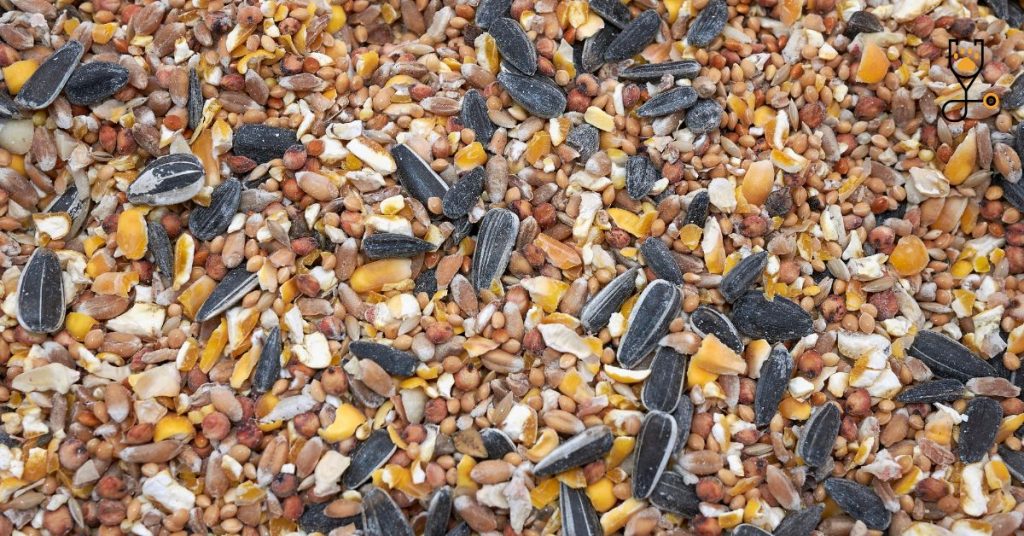
2. Offer Variety
Offering a wide range of nutritious foods is beneficial as it encourages them to eat more and helps keep them intrigued. Be sure to rotate between different types of food items on a regular basis. This will help ensure that your pet bird gets the proper amount of nutrients that they need for energy and maintaining a healthy weight.
Also read: About Vitamin-Rich Foods for Pet Birds
3. Make Mealtime Fun
Mealtimes should be fun for both you and your bird! Try offering different shapes, sizes, colors, and textures of food so that mealtime feels like an adventure instead of just another chore. You can also add enrichment activities such as creating obstacle courses with food dishes or playing hide-and-seek (just be sure to keep an eye on the food!)
4. Offer Smaller, Frequent Meals
Offering smaller meals more often will help your bird maintain a steady level of energy throughout the day. Eating large meals can lead to weight gain and fatigue if not monitored properly.
5. Make Water Easily Accessible
Making water available for your pet bird is essential for helping them stay hydrated and aiding with digestion. Offer plenty of clean water at all times in several different locations throughout their cage or in other areas where they may hang out.
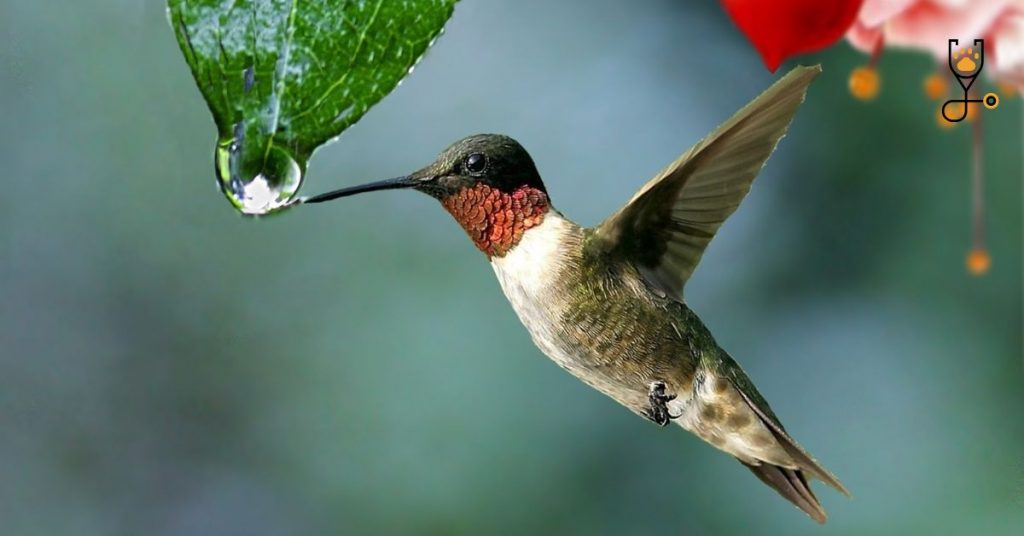
6. Provide Calcium Sources
Calcium is important for maintaining bone strength and preventing certain illnesses such as those that affect the liver or kidney. Include calcium sources such as kale, broccoli, sardines, or eggshells into your bird’s diet to ensure they are getting the proper amount.
7. Choose Healthy Treats
Treats are a great way to offer your pet bird something special and reward them for good behavior. However, it is important to choose treats that are low in fat and sugar content such as dark leafy greens, fruits, and vegetables.
Also read: 9 Facts about Essential Oils for Birds
8. Give Them Exercise Time
Exercise is an essential part of any healthy lifestyle; this includes birds too! Encourage active playtime with toys, climbing ropes, or perches for them to fly around throughout the day. This will help your feathered friend maintain a healthy weight as well as provide mental stimulation which can help reduce negative stress-related behaviors.
9. Monitor Their Weight
Weight can be tricky to monitor when it comes to pet birds, as they tend to fluctuate in size depending on the time of year or the season. We recommend weighing your bird on a regular basis and consulting with an avian veterinarian if you notice any drastic changes in its weight.
By following these tips, you can help your pet bird stay healthy and maintain an ideal weight. However, it is important to remember that each bird is different and may require additional measures to help them reach a healthy weight. If you are unsure of what to do, be sure to consult with a qualified avian veterinarian. With the right care and nutrition,

Conclusion
Whether your pet bird is looking to gain weight or just wants a tasty snack, there are plenty of safe vegetables that can meet their dietary needs. From carrots and bell peppers to squash and sweet potato – these nutrient-rich options provide essential vitamins and minerals while adding an extra layer of flavor! Be sure to introduce new foods gradually, offer vitamin supplements, and monitor your pet bird’s weight regularly in order to ensure they stay fit and healthy. Happy eating!
Frequently Asked Questions
1. What vegetables are safe for pet birds?
Carrots, bell peppers, squash, sweet potatoes, and dark leafy greens like spinach are all safe to feed your pet bird.
2. How often should I clean my pet bird’s food bowl?
It’s best to clean out the food bowl daily to prevent the build-up of bacteria or mold. This will help keep your pet bird’s food safe and tasty!
3. Are there any vitamin supplements I can give my pet bird?
Yes! Vitamin supplements can be added to your pet bird’s diet in order to ensure they get all the necessary vitamins and minerals. Speak with a veterinarian about which supplement is right for your particular bird.
4. What types of fruits can I give my pet bird?
Apples, berries, bananas – these are all great options for giving your pet bird something special when it comes to mealtime. Be sure to cut the fruit into small pieces in order to make it easier for them to eat.
5. How often should I exercise with my pet bird?
It’s important to provide regular physical activity for your pet bird in order to burn off excess calories and provide the essential nutrients they need to stay fit and active. Consider taking your pet out for walks or playing interactive games several times a week. This will help keep them healthy and happy!
